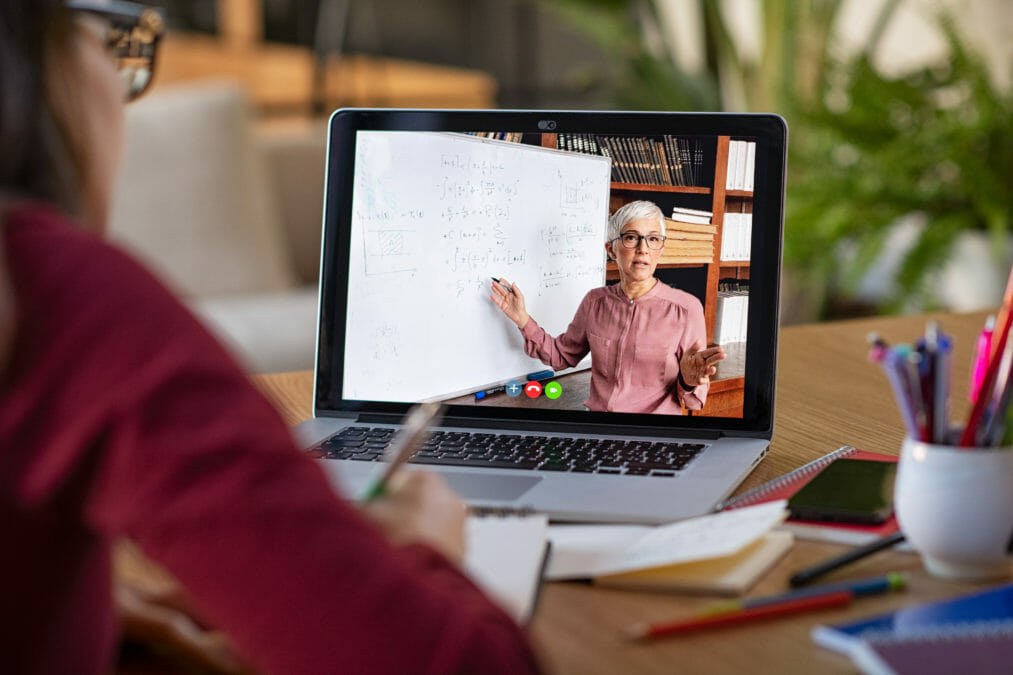In the latest entry to Information Age’s Coronavirus Diary, Todd Turner, the CEO at Hemsley Fraser, discusses the ways in which the pandemic has changed how his business performs, while exploring the opportunities and challenges that will most certainly reshape both Hemsley Fraser and the learning and engagement sector.
According to Turner, “the face-to-face element of our business has been made redundant for the time being, as per the trend in the entire learning and development sector. For us, the most important thing was ensuring we could deliver the same great service and learning experience, virtually — while also transitioning our own global teams to a virtual way of working.”

Adapting to the change
“The push for blended learning solutions, with digital components, has been a trend for the past several years, but the entire sector has been pushed along that change curve much faster than any of us could have imagined,” he continued.
Hemsley Fraser has seen a dramatic shift toward:
- Support for virtual learning, including production, hosting, and enablement.
- Virtual coaching and facilitation, in place of face-to-face experiences.
- Access to our virtual learning Hub – an on-demand learning library that can be used for self-development, and to keep connected with those working from home.
“As a business, we felt ready to adapt our working style, and our service model for clients. We use our own learning Hub and have achieved an employee engagement of 100% in doing so, making the internal communications challenges of today a bit more human,” Turner explained.
“For our clients, we had already migrated to a ‘Learning-as-a-Service’ model, which focuses on platform and on-demand delivery. This approach enables communications, remote learning, video sharing, chat, instant messaging, virtual coaching and more, and is an ideal solution for these times.”
Coronavirus Diary: the impact on a tech startup in the live events sector
Coping with the surge of digital demand
To cope with the surge of digital demand, Hemsley Fraser has cross-trained staff to serve as digital production assistants, shifted work across international locations to ensure continual client coverage regardless of ‘hotspots’, moved its instructional designers to reconfigure courseware for virtual delivery, and purchased more licenses to common hosting platforms, to ensure a range of delivery options for the learning and engagement organisation’s clients.
Impact of home working
Referencing the impact of home working for, Turner added: “Remote working isn’t a new concept, but few organisations have embraced this whole-heartedly. It isn’t just relevant technology that is needed, employees must have the right mindset for working from home – they need to know how to stay productive, engaged and motivated, and businesses need to know how to empower them in this way.
“Now that organisations have been forced to adapt, I predict these working methods will be here to stay.”
Coronavirus Diary: the impact on a semiconductor business
Increasing informal internal communication
Similar to many business leaders, Turner recognises that it’s important to remember that the social aspect of our normal working environment has been lost. “This is particularly necessary to safeguard our employees against isolation and the mental and physical health challenges this presents,” he said.
“Frequent check-ins with one another, virtual coffee mornings, yoga classes, lunch time quizzes, Zoom happy hours – all of these informal conversations are vital for keeping the team engaged. And no one minds if your kids, or dog, wander into view.”
He believes that businesses need to find a way to replicate the office chat that is currently missing from our workdays – “for Hemsley Fraser, even our critical messaging is deployed in video-format, via our Hub, to ensure that body language and context is conveyed. Employees want to see the mood and spirit of their leaders.”
He concludes: “It may not quite be ‘business as usual’, but the technology is there; it is now up to organisations to adapt and learn to thrive in a virtual world.”







